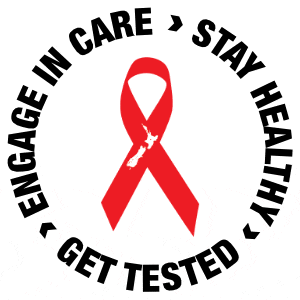For the first time in 13 years, Transgender Europe’s (TGEU) annual rights map shows a decline in trans rights across Europe and Central Asia — a stark reversal of progress. The findings echo those of a recent report by the International Lesbian, Gay, Bisexual, Trans, and Intersex Association (ILGA), painting a bleak picture of mounting anti-trans sentiment and policy regressions.
Trans journalist Erin Reed commented on the map’s findings, noting it reflects “a thriving anti-trans ecosystem, where far-right hate is both exported from and imported to America.”
In its official statement, TGEU declared, “Setbacks in human rights of trans people across Europe and Central Asia now clearly outweigh progress.” The organisation cited “coordinated anti-trans campaigns” aligned with wider anti-rights and anti-European Union (EU) movements, driven by global conservative alliances including Trump-aligned networks and Russian influence.
Political Backlash Gains Ground
TGEU highlighted a series of legislative and judicial actions as evidence of this disturbing trend. Georgia and Hungary have recently enacted anti-trans and anti-LGBTQ+ constitutional amendments. Meanwhile, Republika Srpska (in Bosnia) repealed hate crime and hate speech protections. In the United Kingdom, the Supreme Court struck down protections against trans discrimination.
In Asia, Kazakhstan stands alone in still offering legal gender recognition. Many other Asian nations either block recognition entirely or impose restrictive medical or legal prerequisites that deny trans and nonbinary people full civil rights.
Despite affirmations by the Court of Justice of the European Union (CJEU) that trans people are protected under EU law, enforcement remains inconsistent. TGEU warned that conservative think tanks like The Heritage Foundation, which authored Project 2025, a blueprint for a second Trump administration, are working with authoritarian-leaning regimes in Poland and Hungary to erode EU institutions.
These illiberal actors, according to TGEU, maintain ties with the Kremlin. Russian President Vladimir Putin has long claimed Western support for LGBTQ+ rights is a form of ideological imperialism. Over the past decade, Putin’s government has intensified its crackdown on LGBTQ+ citizens, drawing praise from some U.S. Christian conservatives.
Real Human Consequences
Reed emphasised the global nature of the threat, writing: “TGEU’s updated index also demonstrated a thriving anti-trans ecosystem, where far-right hate is both exported from and imported to America.”
TGEU warned that these developments are not abstract political disputes, but have real-world implications: “Every policy setback in the region translates into real human consequences… They are deliberate decisions with harmful consequences for people’s safety and their lives.”
The organisation added, “The treatment of trans people is being weaponised to erode the EU’s foundational values of human rights, dignity, and solidarity. Europe must rise to the challenge and fulfil its promise — by advancing, and not retreating, from the values it was built on, both within its borders and beyond.”
TGEU has urged the European Commission to update its anti-discrimination protections to explicitly include gender identity and gender expression, making such protections mandatory for all 27 EU member states.
Global Picture of Regression
TGEU’s findings align with ILGA’s newly released map, published on 12 May 2025, which tracks gender recognition rights globally. ILGA’s report notes that in many European and Asian countries, legal recognition of trans and nonbinary people is either entirely denied or heavily restricted by medical or legal hurdles.
Although EU law prohibits discrimination on the basis of sex (interpreted to include trans people), implementation is often delayed. National policies must frequently be challenged in court or countered through diplomatic and economic pressure at the EU level.
The convergence of anti-trans rhetoric, regressive legislation, and international cooperation among far-right groups suggests that defending — and expanding — trans rights in Europe and Asia will require coordinated action from civil society, political leaders, and the EU itself.





























